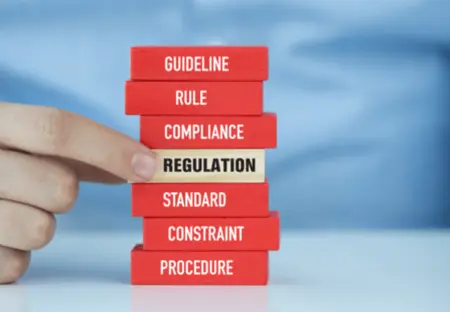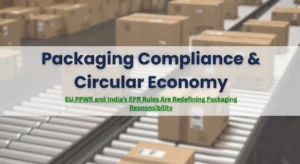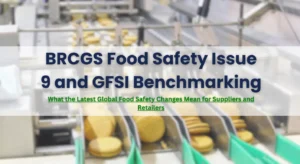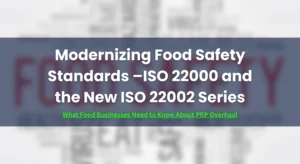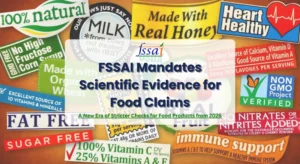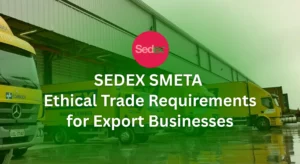Background
A multinational food brand aimed to expand its exports to 11 countries across Asia. However, meeting the diverse and stringent regulatory, labeling, and ingredient compliance requirements of each country proved to be a major challenge. Each market had different food safety regulations, ingredient limitations, and packaging norms, making it difficult to ensure smooth market entry.
The company sought a structured approach to streamline compliance across:
Singapore, Vietnam, Malaysia, Cambodia, South Korea, China, Thailand, Taiwan, the Philippines, Myanmar, and Laos.
Challenges Faced
- Diverse Regulatory Requirements
- Each country had different rules for raw materials, additives, and contaminants in food products.
- Some ingredients were banned, while others had strict permissible limits that varied between countries.
- Complex Labeling Regulations
- Labeling requirements, including language, mandatory declarations, and font sizes, differed significantly.
- Certain claims (e.g., “natural,” “organic,” “high protein”) were restricted or required scientific substantiation.
- Nutritional & Food Safety Compliance
- Nutritional labeling formats and daily value percentages varied across regions.
- Some countries required specific food safety tests and third-party certifications before approving imports.
- Lack of a Centralized Compliance Guide
- No single resource consolidated all regulatory specifications for the 11 countries.
- The company required a structured checklist to simplify regulatory navigation and avoid delays.
Our Approach
To provide a comprehensive compliance roadmap, we developed an 11-country regulatory checklist covering:
1. Country-Specific Food Compliance Checklists
- Created a detailed compliance document outlining country-wise:
✅ Allowed & Restricted Ingredients – Listing prohibited raw materials, allowable limits, and necessary approvals.
✅ Finished Product Specifications – Standardized requirements for food categories, additives, and contaminants.
✅ Labeling Guidelines – Defined mandatory labeling elements, prohibited claims, and country-specific format requirements.
✅ Nutritional & Health Claims – Specified which nutritional claims were allowed, restricted, or required validation.
✅ Testing & Certification Requirements – Highlighted necessary food safety tests and certifications for product approval.
2. Market-Specific Regulatory Research
- Conducted in-depth research on each country’s food safety standards, ingredient restrictions, and labeling norms.
- Cross-referenced Codex Alimentarius guidelines, ASEAN food laws, and local country regulations.
- Compiled real-time updates on emerging regulatory trends impacting food exports.
3. Customized Labeling & Nutritional Compliance Guide
- Provided country-wise labeling templates to ensure correct ingredient declarations and allergen disclosures.
- Outlined permissible claims and disclaimers, helping the brand avoid misleading statements.
- Standardized nutritional value presentation formats, aligning with regional guidelines.
4. Testing & Product Approval Recommendations
- Identified food safety testing requirements unique to each country.
- Recommended accredited testing laboratories where necessary.
- Assisted in ensuring compliance with import regulations, certification standards, and permissible contaminant levels.
Results & Impact
✅ Regulatory Clarity – A structured compliance checklist enabled efficient decision-making for exports.
✅ Faster Market Entry – Avoided delays by ensuring proactive compliance with country-specific laws.
✅ Reduced Risk of Non-Compliance – Minimized the chances of product recalls, rejections, and legal issues.
✅ Cost-Effective Labeling & Testing – Optimized packaging and testing requirements, reducing unnecessary expenses.
✅ Standardized Global Compliance Strategy – Allowed the company to scale exports smoothly across multiple markets.
Conclusion
By providing a tailored regulatory compliance solution, we enabled the MNC food brand to navigate complex international regulations successfully. This approach ensured seamless entry into 11 new markets, eliminating compliance hurdles and facilitating smoother global expansion.
Read this article to know about The Importance of Compliance and Sustainability in Today’s Business Landscape

